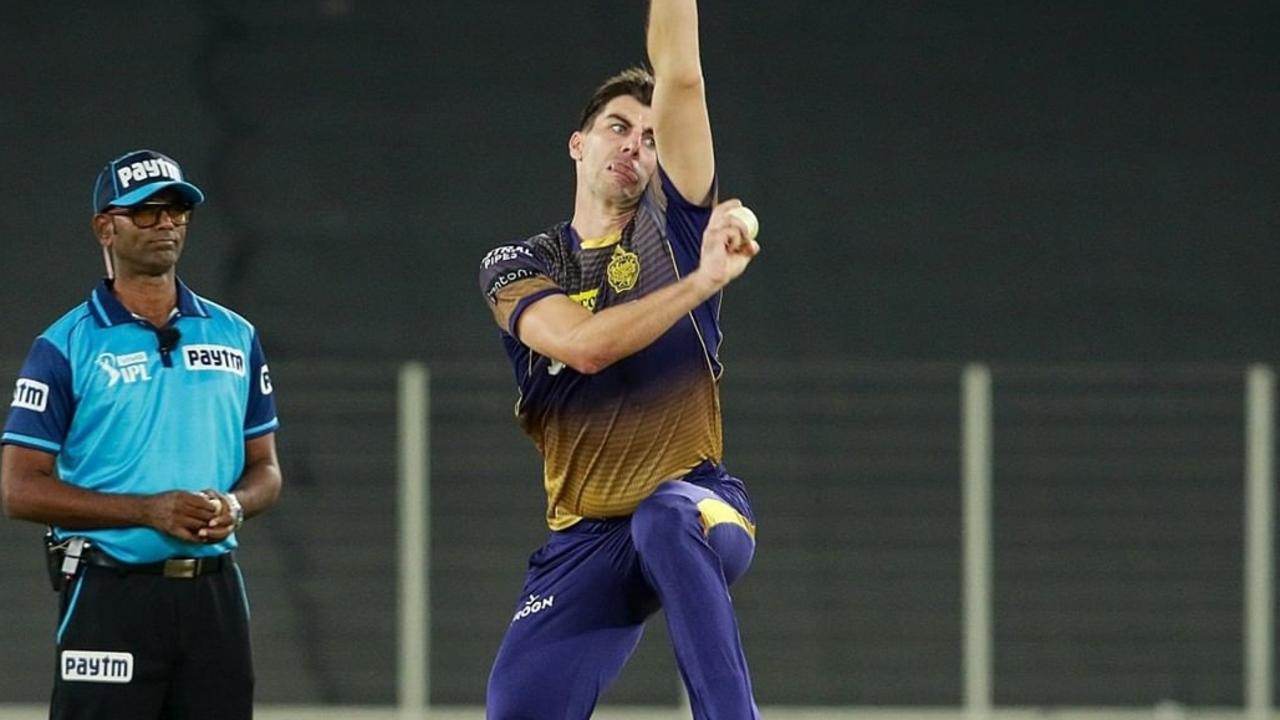The BCCI is reportedly looking to push for a larger slice of the ICC’s revenue distribution as the growing threat of full-time Indian Premier League contracts continues to rear its head.
India, the world’s richest cricket nation, has received AU$550 million from the ICC under the current 2015-23 cycle, which equates to approximately 22 per cent of the organisation’s total revenue distribution during the eight-year period. Cricket Australia, and most of the other full member nations, received roughly $170 million in the last deal.
However, the BCCI is pushing for its revenue share to increase to 37 per cent in the next cycle, equating to about $1.3 billion, The Australian reports.
Watch every match of the 2023 IPL LIVE & On-Demand with Kayo. New to Kayo? Start your free trial now >
Last year, the BCCI sold the 2023-27 IPL television rights for $9 billion, almost triple the value of its previous deal, while the ICC recently sold the 2024-27 Indian broadcast rights for $4.5 billion. IPL franchises are eagerly waiting to see whether the BCCI will increase the competition’s salary cap, creating a greater incentive for international talent.
India has unrivalled power in the sport, with the Asian nation responsible for about 90 per cent of the game’s revenue, and the BCCI reportedly believes it deserves a larger share of the pie.
“India should get what the other Full Members receive,” former ICC president and ex-Pakistan cricket boss Ehsan Mani told Forbes last year.
“There shouldn’t be two classes of Full Membership. Either you’re a Full Member or not.
“There are two ways to go about it. India should take the same amount as other Full Members or their amount should be frozen for the next eight years to let the other countries catch up in that time frame.
“India have done a fantastic deal on the IPL’s media rights. But the ICC’s leadership have to persuade India to look at the larger interests of the game.
“There needs to be strategic and intellectual thinking in what is important for the ICC and the game of cricket.”
However, according to the News Corp report, Cricket Australia can still expect to see its ICC revenues at least double under the new model.

Meanwhile, several English cricketers have reportedly been approached by IPL franchise owners about full-time deals that would make an Indian team their primary employer, rather than the ECB or a county.
The Times reports that at least six English players have been in discussion with IPL teams about 12-month franchise contracts, where they would be dependent on an Indian club for their main source of income rather than their country.
Earlier this month, The Age reported that IPL conglomerates were also actively pursuing Australia’s senior cricketers with lucrative deals.
The next phase of the IPL revolution involves overseas players, especially those nearing retirement, denying national contracts in favour of high-paying deals with Indian conglomerates, plying their trade in multiple T20 tournaments.
“These opportunities are huge and they are popping up more and more often,” Australian captain Pat Cummins said last year.
“I think it’s just us as a sport in Australia to make sure that we’ve got a really strong vision of what we want Australian cricket to look like for the next five, ten years … because these things are going to keep popping up, so get on the front foot, be proactive.
“We all want to keep Australian cricket as number one, so how can we manage all these different competing interests to try and keep it that way?
“Playing for your country, international cricket at the moment is still number one for just about everyone, especially here in Australia, but we can’t just take that for granted.
“We’ve got to make sure that it remains that way, and that’s in scheduling and in payment and in vision of just what it means to be an Aussie cricketer.”
The likes of David Warner and Glenn Maxwell have prioritised international commitments throughout their playing careers, but the balance of power is slowly shifting towards football’s franchise model every year.
Australian cricketers are unlikely to take the plunge in the next 12-24 months due to conflicting recruitment regulations and the upcoming World Cups, but it seems inevitable that these multi-tournament deals will revolutionise the global cricket economy in the near future.
According to The Times, IPL franchise contracts could exceed $9 million per year, a figure cricket boards couldn’t possibly match.
“I‘ve got a little bit of scaredness about what’s going to happen in the next five to ten years, where cricket is actually heading,” Warner said earlier this year.
“I‘d love for guys coming through to play red-ball cricket and play Test cricket because that’s the legacy that you should want to leave behind. Playing in the Test arena is amazing … it’s a true test of cricket and how well you measure up to the greats of the game.
“At the end of the day, everything comes with financial reward. If you aspire to get a central contract, you‘re going to be rewarded. I think guys see the short-term at the moment with all the leagues and stuff around.
“The best way to get value for your currency is actually making a name for yourself. There‘s only been a small minority of people who have been able to do that and have a long career. So you want to aspire to play cricket for Australia, and you’re only going to get there by putting numbers on the board.”
Meanwhile, Saudi Arabia is reportedly looking to establish a high-paying T20 tournament backed by IPL owners and the BCCI, another threat to the international cricket landscape.
As part of the new MOU, the Big Bash League’s annual Total Payment Pool has increased from $2 million to $3 million per team to ensure CA retains high-quality players for the T20 competition, who can now earn up to $420,000 annually.
Green batters boundaries on way to 64* | 01:46

